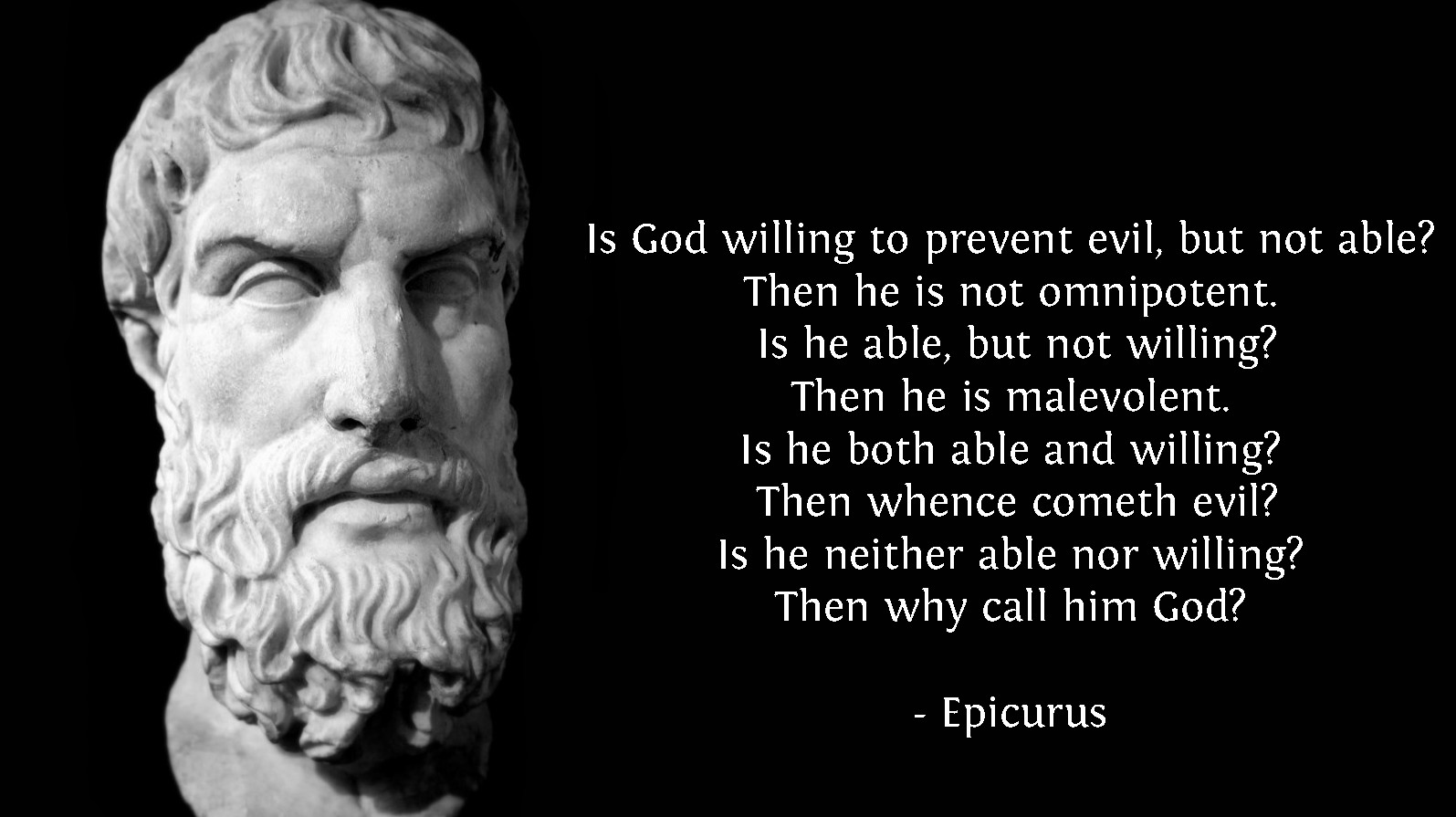the_recruit said:
No, a person can choose actions (like going to therapy) that may (or may not) lead to becoming calmer.
This isn't exactly what I was talking about. It seems to me that people can actually choose to be more of whatever quality they wish, within some limits. A person can learn to interrupt perturbing emotions or thoughts, and do so simply by choosing to do so. A person can decide to be more honest, less serious, more studious, more kind, less trustworthy, and so on. Obviously, not all personal qualities are like this--a person cannot choose to be smarter, taller, more blue-eyed, quicker (by much, anyway), and so on. But by concentrated will and vigilance, a person can change quite a lot about themselves.
Now, suppose this is false. I don't think it is, but suppose it is false, and what you say is true. A person can choose to go to therapy (for example) and so become more calm. As you seem to say, the person will have chosen an action with a certain result, and will have intended to bring that result about by choosing that action. I don't see how that is a problem for my claim. If I decide to cook dinner and claim that's what I've done, it's no refutation of my claim that what I actually did was choose to cut up some veggies and a chicken breast, turn on the oven, put it all in a pan, and so on. If I choose an action with a consequence of which I'm aware, and intend the consequence, I've chosen the consequence.
the_recruit said:
Values are just ethical beliefs.
I'm not sure about that (actually, I'm pretty sure it's false). Let me try to get clear on your claim first, though. When you say values are ethical beliefs, do you mean that values are identical with ethical beliefs, or that values are a kind of ethical belief? If the latter and not the former, what kinds of ethical beliefs are not values?
the_recruit said:
Beliefs are not chosen. We just have beliefs.
This also seems false. I take your claim to be this: for all x, if x is a belief, then x is not chosen. While I would agree that no one wakes up and says "today, I'm going to believe in unicorns," and then actually succeeds in believing in unicorns (unless they already did believe in unicorns), I don't think this is all there is to say on the matter. Beliefs can be arrived at through a process of cognitive investigation, and one can choose which of several alternative logical pathways to take when performing an investigation. The most obvious example is that one can choose when to stop investigating. Very often--you can see it all the time on these boards--people choose to stop rational investigation because they've already got a belief they like and don't want to abandon. That is a case of choosing a belief.
Of course, there are more obvious instances of choosing a belief. When we are presented with two inconsistent pieces of testimony, we must choose which to believe. Now, it's no answer to say that one may be obviously more believable, or that one's values dispose one toward one piece of testimony over another. That's just what a choice is.
the_recruit said:
We don't choose to believe something is the case anymore than we choose to experience red when we look upon a stop sign or to feel pain when you stub your toe. It simply appears in our consciousness without any intent on our behalf for it to do so. I cannot choose to believe that an anvil is about to fall out of the sky and kill me. I can imagine such a thing, I can visualize such a thing. But I don't believe it. If I believed it I wouldn't still be typing this, I would be diving for cover.
Sure. I agree that this kind of belief-choice doesn't happen. But it's not the only possibility here.

